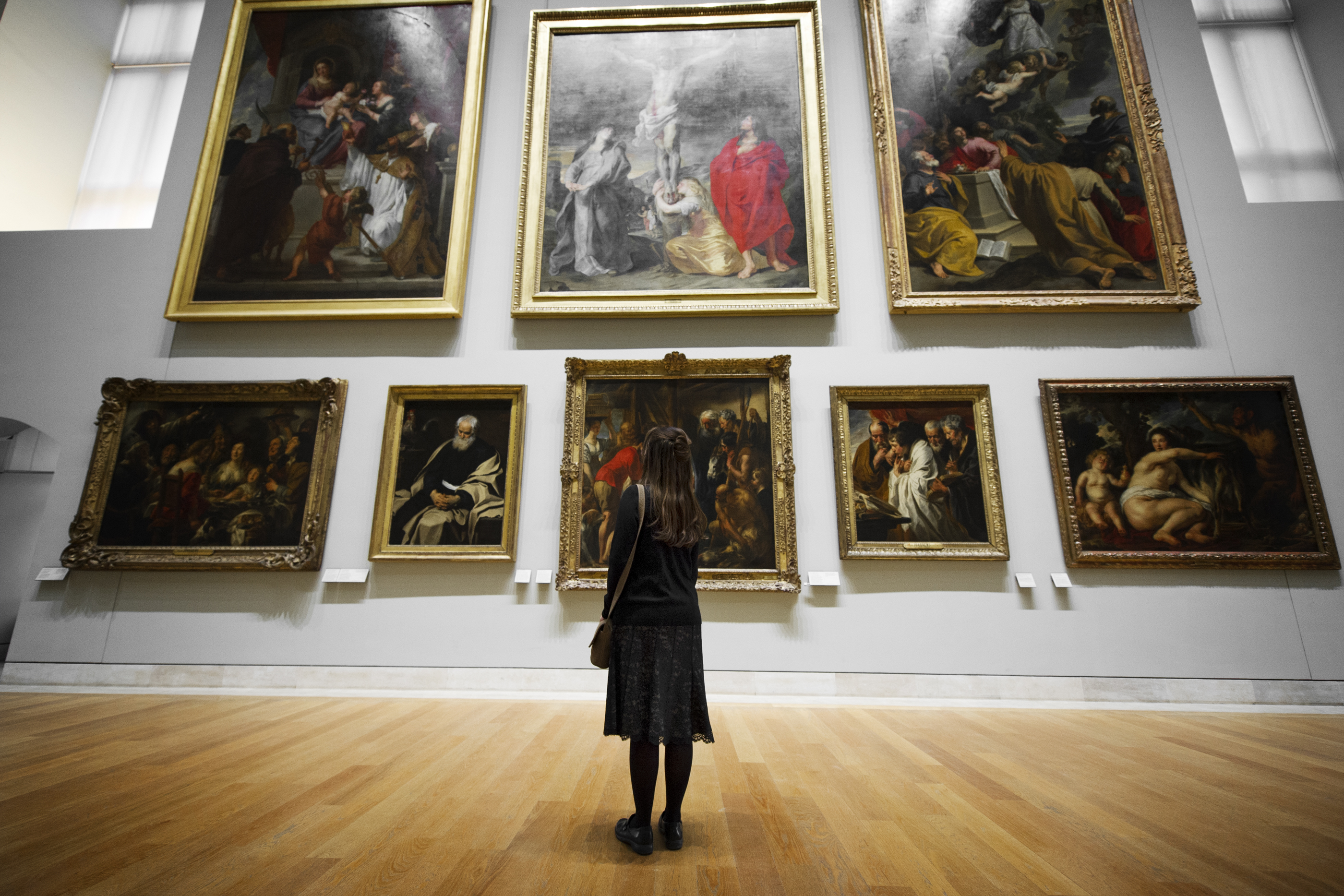With rates of loneliness rising across age, class and gender lines, it is becoming increasingly important that society examines the causes and solutions.
Loneliness is trending.
It is becoming one of those things we can talk about. It’s becoming, dare I say, popular. That seems like a strange sentence to write given the obvious juxtaposition between popularization and a physical or mental state of being or feeling alone. But it’s true.
In the last few years the rise of a loneliness has been well documented. The occurrence of people spending a disproportionate amount of time alone is spreading across age, class and gender lines.
So, why is this happening? Who is it that has become lonely? And what does it say about the society in which we live?
From where I’m sitting everyone seems fine, happy and socially fulfilled. But it seems appearances are deceptive
I know from where I’m sitting everyone seems to be fine, happy and socially fulfilled too. But, it seems, appearances are very deceptive. In their 2010 report The Lonely Society, The Mental Health Foundation stated that “only 22% of us never feel lonely.”
That means 88% of us do or have felt some kind of loneliness at a point in our lives. The report also stated that “48% are of the opinion that society is becoming lonelier in general.” This suggests we are noticing the creeping fragmentation and isolation existent within our society.
The occurrence of loneliness has been acknowledged as a problem for certain social groups for a long time, and has often been associated with older people. The NHS highlight people over the age of 75 as being particularly vulnerable feelings of loneliness, mainly due to the impact of leaving their workplaces and the unfortunate fact of a diminishing pool of social and family contacts.
Support to deal with such incidents is growing with well-known charities such as Age UK and the Campaign to End Loneliness. Both organisations are attempting to tackle loneliness in older age with support groups and befriending systems.
So, what about the rise of loneliness in younger generations?
This apparent increase has been widely documented within mainstream newspapers such as the Guardian and the Telegraph who observe, what they term, an ‘epidemic’ of loneliness in young people. What is perhaps most worrying is the broad range of people this includes. Here we are talking about not only students who may be experiencing their first years away from home, but young professionals, people seeking work and first time parents.
It seems the generation that is repeatedly defined by its use of media to boost interaction is actually occupying an increasingly socially disconnected world.
The generation repeatedly defined by its use of media to boost interaction is actually occupying an increasingly socially disconnected world
And this applies to our parents’ generation too. Middle-aged people are reporting increased feelings of loneliness related to working in stressful jobs and supporting families in times that are economically and politically unstable. Similarly, retirement can feel like both a blessing and a curse when your work-based social network reduces and you are suddenly confronted with more free time but fewer or no companions to share it with.
Alarmingly, support systems for those experiencing loneliness outside of old age are, as of yet, very under-developed.
Of course this problem isn’t always black and white. Some people prefer to spend a large amount of their time alone and it doesn’t lead to any negative effects. Lots of people relish the idea of solitude and don’t suffer from a lack of social interaction. Recently, whilst I was travelling for an extended period on my own, I perfected my skills of people avoidance.
There is something particularly peaceful and self-indulgent about being in an amazing new environment without having to share it. But the difference here is the level of choice I and others have in our bid to escape socialising. There is a big distinction between being alone and a feeling of being lonely, with the latter linked to high levels of mental health problems.
So what has caused this rise of involuntary loneliness?
A large part, I believe, can be attributed to the political and economic context in which we currently live.
Within the UK specifically, neoliberal austerity measures have played a large role in cuts to jobs and welfare services, both of which have fundamentally boosted alienation in our population. Those who were working in physical workplaces with a set of long-term colleagues are now on reduced, flexible or terminated contracts.
As previously mentioned, stressful jobs that support entire families become even more demanding and isolating when your employment seems precarious. Communities within workplaces are being threatened and support networks reduced. Similarly, cuts to resources for community based projects and services mean those reliant on such avenues for social interaction now spend much more time alone. Disturbingly, these are the exact services that are often used by those already vulnerable to loneliness, such as single mothers and people with mental and physical health needs.
This fragmenting environment is underlined by a growing mindset today which places emphasis on individual over collective achievement.
Even people who don’t spend a lot of time alone can feel lonely if the connections with people they interact with feel superficial or uncertain
Particularly in the case of young people, a lot of us feel mounting pressure to succeed and be self-dependent in all aspects of our lives. But this success has become more and more reliant on you as an individual. You are judged based on your individual progress.
It is therefore very easy to feel a personal sense of failure when things don’t work out and you are simultaneously more alienated than ever from a wider group structure or society in general.
This internally focused, perfection seeking mindset is impacting our social lives. You need to have the ‘right’ friends that fit into the idealistic framework. It’s important to remember that even people who don’t spend a lot of time alone can feel lonely if the connections with the people they interact with feel superficial or uncertain.
Social media plays its role. Whilst undeniably good for facilitating contact with friends and family, it can also act as an extinguisher to such interaction. It can commonly be used as a filler to avoid conducting physical, face to face meetings. Additionally, the constant barrage of updates on the apparent fun everyone is having all the time can lead to feelings of rejection if that’s not what you are doing.
Connection to your wider community can remind you that you are part of something bigger than your own day-to-day life
When was the last time you looked at someone’s Facebook page and it showed them repeatedly spending lunch-breaks, evenings or weekends alone?
So what can we do about loneliness? Our main tool to combat feeling lonely is to meet people.
Especially for us students, joining groups within the university environment is easy and can make a real difference. Whilst it might seem intimidating, it is very important, especially if you are feeling cut-off from people you relate to.
Similarly, doing something that connects you to your wider community can remind you that you are part of something bigger than your own day to day life. Volunteering or working outside of University is the most accessible way of doing this. Loneliness is something we can, and should, tackle together. Remembering that you are part of a wider society and are not alone in being lonely is the first step to combatting this issue today.



